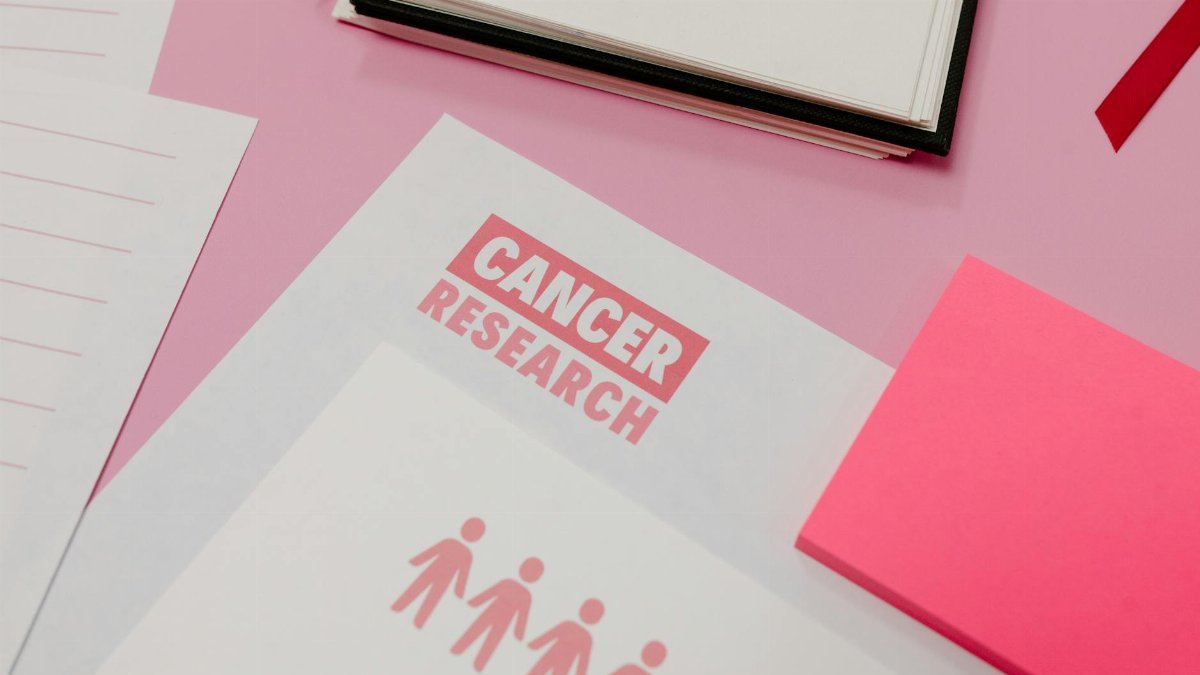Is Illinois setting a new standard for student wellness with its latest policy on mental health days? Starting August 15, 2025, a groundbreaking law will allow K-12 students in the state to take up to five excused “mental-health days” each year without needing a doctor’s note. Known as SB 247, this measure aims to prioritize student well-being amid growing concerns over stress and anxiety in schools. As Illinois takes this bold step, early data from pilot programs suggests it could reshape how absences and academic recovery are handled.
A New Era for Student Wellness

With mental health challenges on the rise among young people, Illinois is stepping up to address the crisis head-on. The passage of SB 247 marks a significant shift in how schools approach student absences. Effective next year, K-12 students across the state will have the right to take five mental-health days annually. These absences will be excused without the burden of providing medical documentation, easing the pressure on families and students to justify time away for emotional well-being.
The Details of SB 247

Under the new law, set to take effect on August 15, 2025, students can use these days as needed throughout the school year. The policy recognizes that mental health is just as critical as physical health, allowing students to step back when overwhelmed without fear of penalty. Schools will be required to treat these absences as excused, ensuring students aren’t marked down for prioritizing their emotional needs. This move reflects a growing acknowledgment of the stressors facing today’s youth, from academic pressures to social challenges.
Tracking the Impact

To measure the effectiveness of this policy, the Illinois State Board of Education (ISBE) will monitor its rollout closely. Starting in 2025, ISBE plans to collect data on the usage of mental-health days and correlate it with students’ GPA trends. This tracking will continue annually through 2028, providing a comprehensive look at how these excused absences influence academic performance and overall well-being. The data will be crucial in determining whether this policy becomes a long-term fixture or requires adjustments.
Early Success in Pilot Districts

Illinois isn’t starting from scratch with this initiative. Several pilot districts tested similar mental-health day policies in 2023, yielding promising results. According to reports, these districts saw a 29% reduction in unexcused absences compared to previous years. This suggests that giving students a legitimate outlet for mental health needs discourages skipping school without notice. By formalizing these absences, schools can better track and support students who might otherwise fall through the cracks.
Boosting Academic Recovery

Beyond cutting unexcused absences, the pilot programs revealed another key benefit: faster academic recovery. Students who took designated mental-health days returned to class more prepared to engage, compared to those with unexcused or unexplained absences. The structured nature of the policy allowed educators to follow up with support, ensuring students didn’t fall behind. These early findings indicate that Illinois mental health days could serve as a model for balancing wellness and education.
Broader Implications for Schools

The introduction of mental-health days raises important questions about how schools will adapt. Educators and administrators will need to develop systems to track these absences while maintaining student privacy. Additionally, schools may face challenges in ensuring that the policy isn’t misused, though the pilot data suggests this hasn’t been a significant issue so far. As the policy rolls out statewide in 2025, training and resources will be key to its success.
A National Conversation

Illinois isn’t alone in grappling with student mental health, but it’s among the first to codify such a comprehensive policy. Across the U.S., schools are seeing alarming rates of anxiety and depression among students, with the CDC reporting a steady increase in mental health challenges over the past decade ( CDC Children’s Mental Health Data ). Illinois’ approach could inspire other states to follow suit, potentially shifting national attitudes toward student wellness.
Support from Research and Advocacy

Advocates for youth mental health have praised Illinois’ move, pointing to research that underscores the importance of early intervention. Studies from organizations like the National Alliance on Mental Illness show that addressing mental health needs in adolescence can prevent long-term issues ( NAMI Youth Mental Health Support ). By normalizing mental-health days, Illinois is sending a message that emotional well-being is a priority, not a stigma.
Looking Ahead to 2025

As the effective date approaches, anticipation is building among students, parents, and educators. The success of Illinois mental health days will depend on clear communication and robust support systems within schools. With ISBE’s data collection set to provide hard evidence by 2028, the state has a unique opportunity to lead on this issue. For now, the early signs from pilot districts offer hope that this policy will make a meaningful difference in students’ lives.
